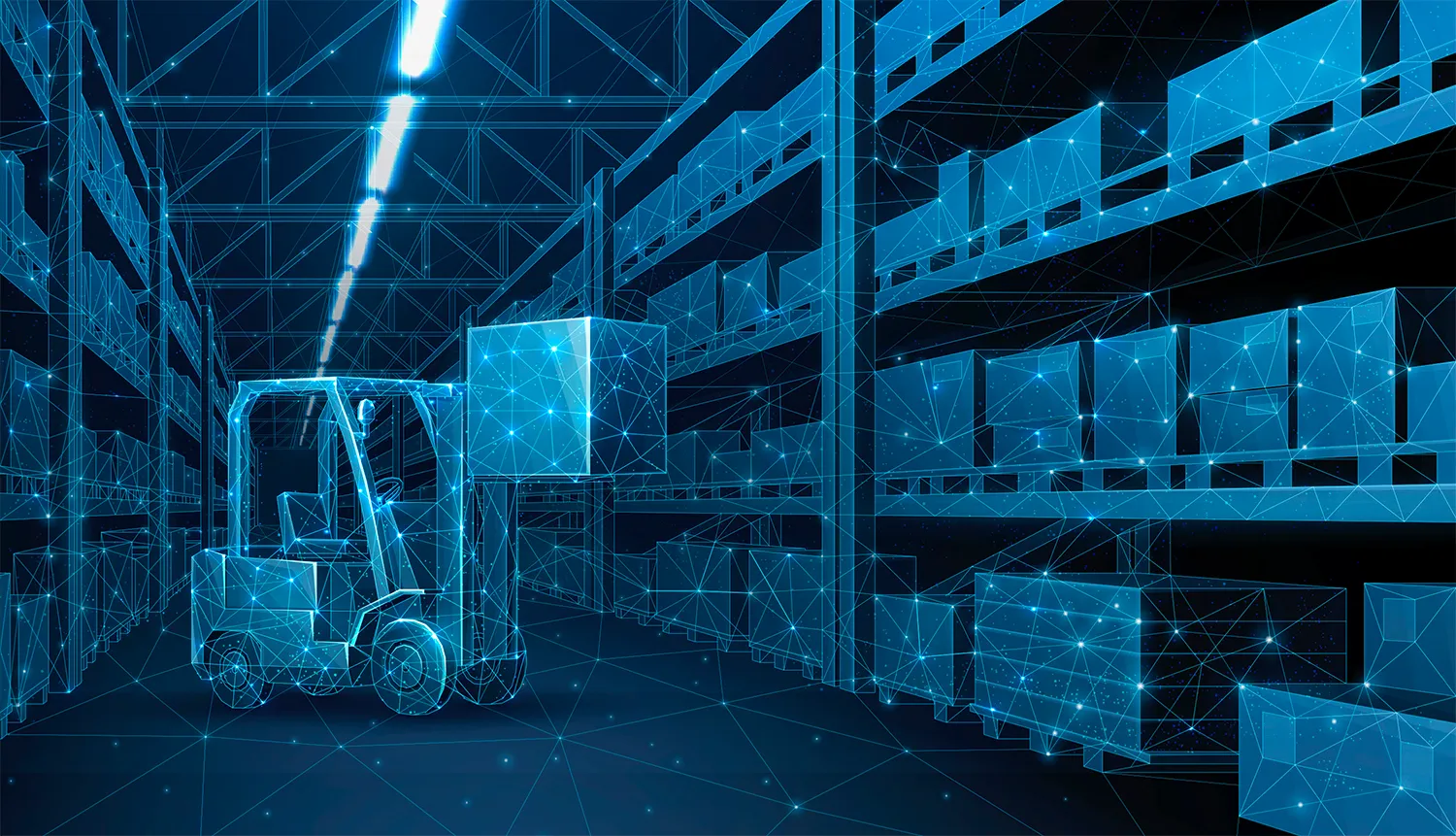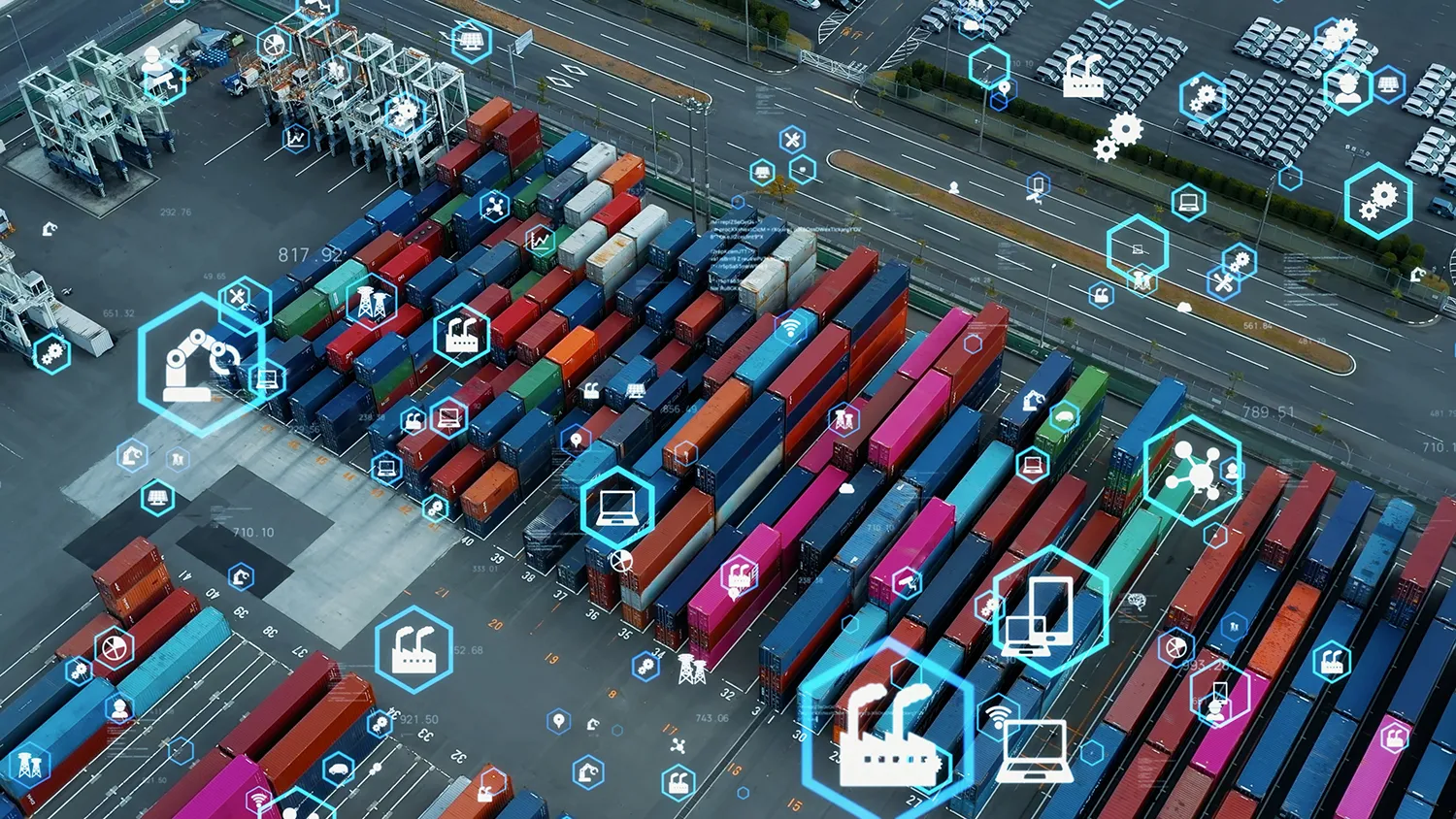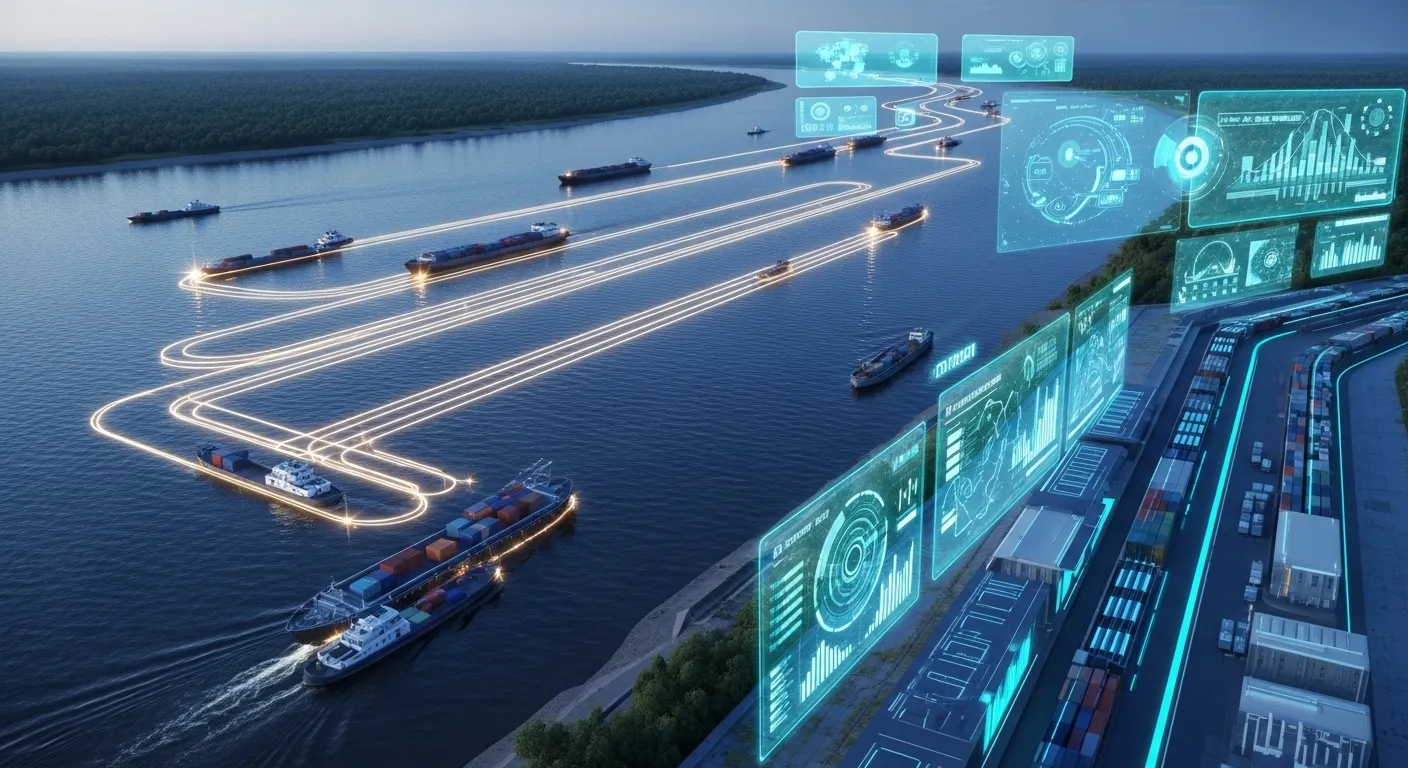he Digital Revolution Reshaping Russian Logistics

In just three years, Russia’s logistics industry has undergone rapid digitalization, transforming workflows through e-documents, artificial intelligence, and predictive analytics.
From Paperwork Chaos to Digital Clarity
The digital transformation of logistics logically began with the digitization of paperwork. The State Information System for Electronic Shipping Documents (GIS EPD), developed by FGUP ZashchitaInfoTrans, processed more than 15 million documents in just two and a half years. Companies from 83 regions have joined the platform, with over 3,500 participating organizations.
Currently, 47% of Russian logistics companies use robotic process automation (RPA), with nearly 100% adoption among major holding groups. Video analytics systems monitor warehouses and loading zones in 37% of companies. Digital twins and IoT platforms, which track cargo and fleet telemetry in real time, have been implemented by 25% of small and mid-sized enterprises and 67% of firms with revenues between 10 and 100 billion rubles.

The economic impact is notable. For example, Mosgortrans saves up to 6 million rubles annually by switching to electronic trip logs, halving document processing time from 30 to 16 minutes. The Monopoly Group issued 10,000 digital trip logs across 16 regions in 2024, saving nearly 500,000 rubles on paper costs alone.
One Window for All Logistics
In August 2024, Russia began testing its National Digital Transport and Logistics Platform (NDLTP), following a government order signed by Prime Minister Mikhail Mishustin. The initiative, often dubbed “public services for freight,” aims to enable seamless e-documentation across all transport modes—road, sea, river, rail, and air.
The NDLTP will pilot a one-window system for permits and launch a digital rating system for freight carriers. Its goal is to create integrated multimodal logistics by automating documentation and reducing bureaucratic overhead for businesses.
Several companies are already leading this digital shift. For instance, Delovye Linii, one of Russia’s largest logistics firms, issued more than 226,000 e-waybills over the past year. The company created a centralized archive on the 1C:Enterprise platform with 400 million documents and 75 terabytes of data, significantly accelerating document retrieval and request processing.
At the Port of Vladivostok, FESCO introduced a “digital port twin” and a unified sensor network for real-time crane monitoring. Its predictive maintenance system helps optimize operations and reduce downtime.
Russian Railways (RZD) has adopted an ecosystem-wide strategy: 90% of shippers now interact digitally, and RZD exchanged 15 million e-documents with partners in the first eight months of 2024 alone.

Import Substitution as a Growth Driver
Western sanctions have accelerated the adoption of Russian IT solutions. To date, 25% of industry-specific systems, 13% of ERP-class software, and 43% of office suites have been replaced with domestic alternatives. Skolkovo-based startups have seen their revenues grow 40% in 2024, reaching 704 billion rubles.
Starting September 1, 2026, transport and trip documents will be fully electronic by law, following the Federation Council’s approval of legislation formalizing GIS EPD. This mandate is expected to boost demand for Russian digital platforms and facilitate small and mid-sized business adoption.
Russian firms are actively incorporating AI into logistics. Machine learning is used to optimize routes, forecast demand, and automate warehouse operations. Russian Post anticipates saving over 250 million rubles annually by eliminating paper documents and deploying AI-driven sorting.
In the fuel and energy sector—closely tied to logistics—40% of companies already use AI. That number is projected to reach 70% by 2027, potentially increasing labor productivity by 1.5 to 2 times.

Toward a Smart Logistics Ecosystem
By 2026–2027, 80% of medium and large logistics companies are expected to adopt management models based on IoT, big data, and predictive analytics. Russian digital technologies are gaining global appeal, with mature e-document, RPA, and digital twin solutions attracting attention from partners in the Middle East and CIS.
A national smart logistics ecosystem is taking shape, where AI oversees everything from route planning to automated documentation. With a proven track record and indigenous technologies, Russia is positioned to become a global leader in digital logistics.
This transformation is not just about modernization—it marks the emergence of a fundamentally new model of cargo flow management, where every route, record, and decision is optimized through AI and data science.










































